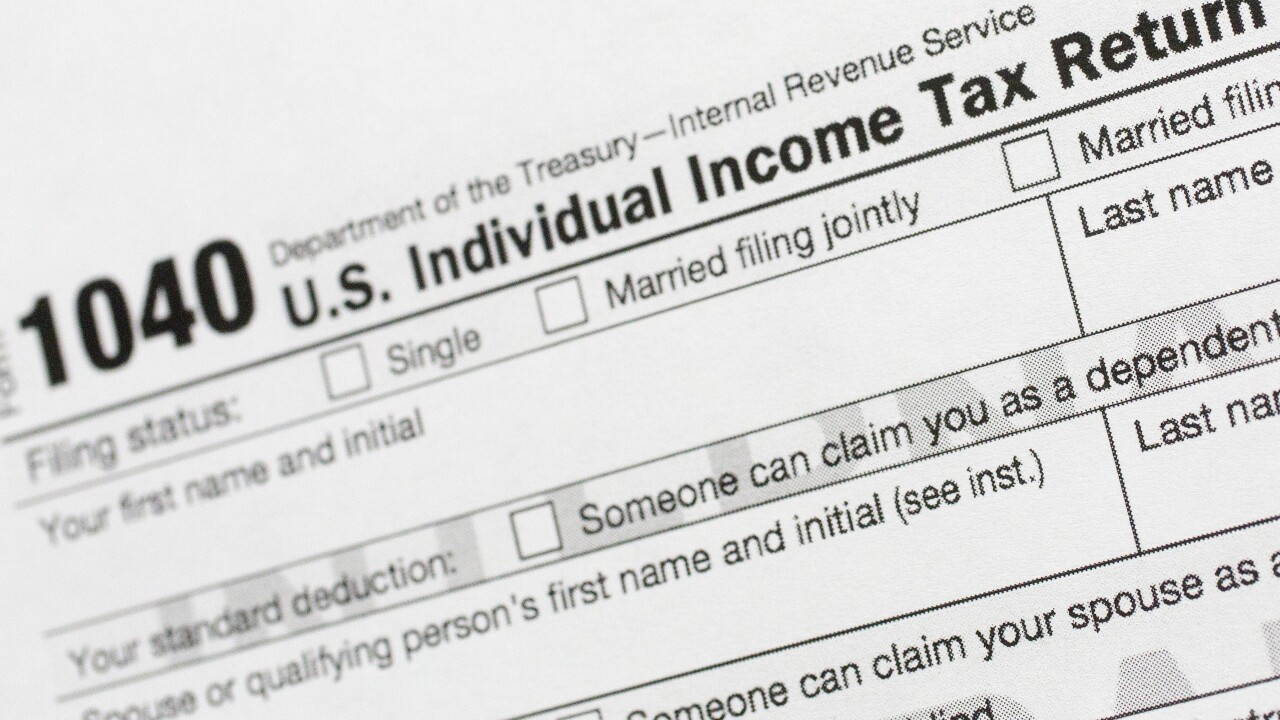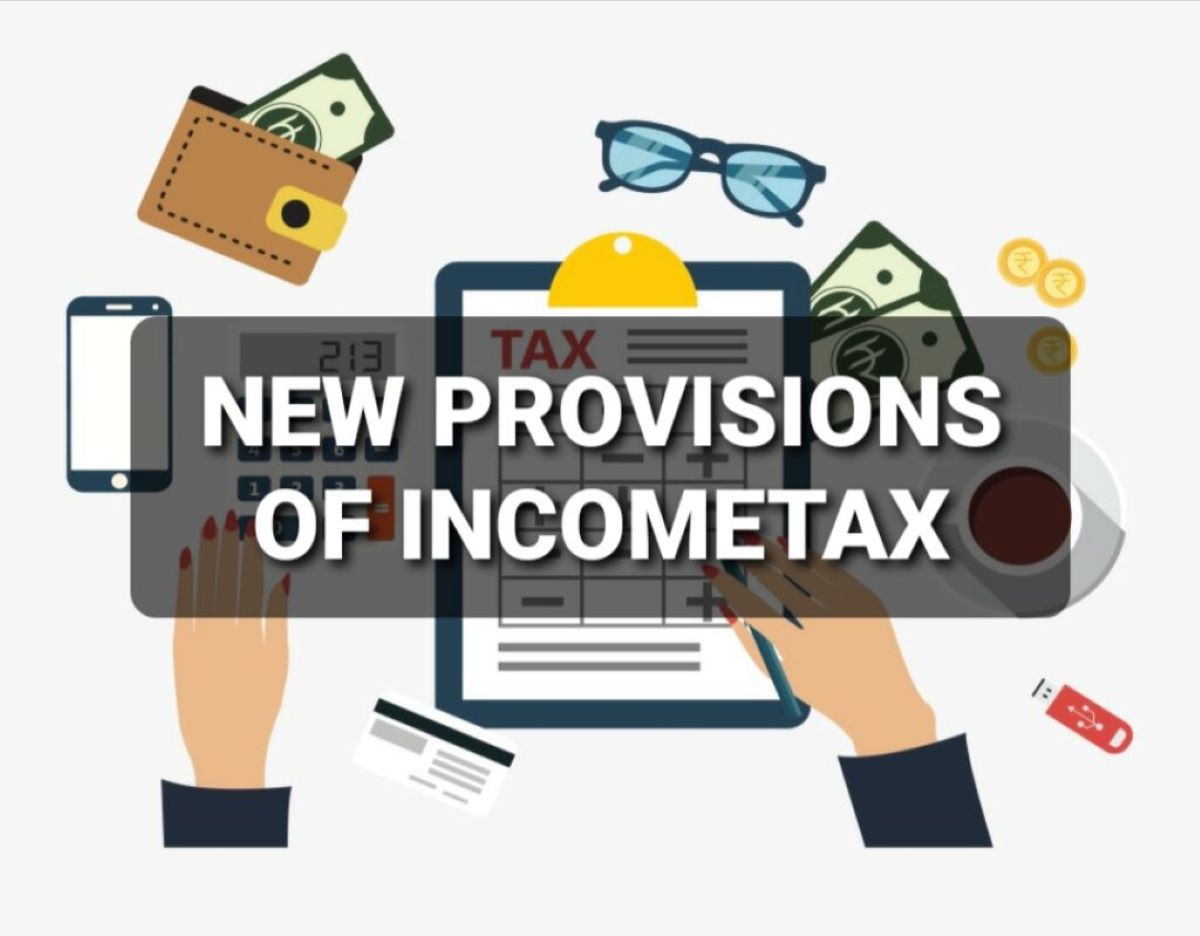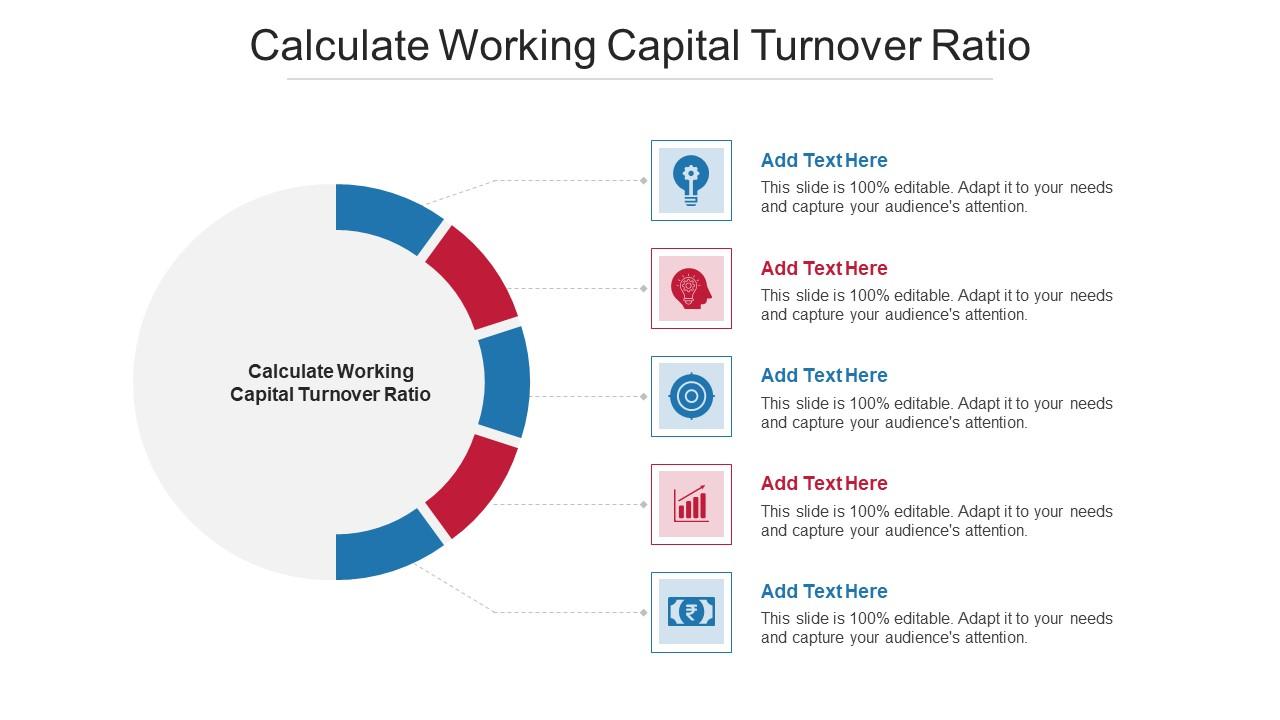Home>Finance>What Is Business Income? Definition, How It’s Taxed, And Example


Finance
What Is Business Income? Definition, How It’s Taxed, And Example
Published: October 20, 2023
Understand the concept of business income in finance, including its definition, taxation, and real-life example. Explore how businesses navigate the complexities of taxation for optimal financial outcomes.
(Many of the links in this article redirect to a specific reviewed product. Your purchase of these products through affiliate links helps to generate commission for LiveWell, at no extra cost. Learn more)
Understanding Business Income: Definition, Taxation, and Examples
When it comes to managing your finances and understanding the ins and outs of running a business, one crucial aspect to grasp is business income. But what exactly is business income, how is it taxed, and what are some examples? In this article, we will explore these questions and shed light on this important topic.
Key Takeaways:
- Business income refers to the money generated by a company through its operations and activities. It is an essential component for sustaining and growing a business.
- Business income can be subject to various forms of taxation, including corporate income tax, self-employment tax, and payroll tax.
What Is Business Income?
In simple terms, business income is the revenue generated by a company from its primary activities. It encompasses the money earned through the sale of products or services, as well as any additional income generated from secondary sources such as investments or rental properties. This income serves as the financial fuel that keeps a business running and contributes to its growth and success.
It is important to note that business income is different from personal income. Personal income refers to the money an individual earns from various sources, such as employment, investments, or rental properties. Business income, on the other hand, solely relates to the specific operations and activities of a company.
How Is Business Income Taxed?
Business income is subject to taxation to ensure that businesses contribute their fair share to the economy. The exact tax obligations depend on the legal structure of the business and the jurisdiction in which it operates. Here are some common forms of taxation that can be applied to business income:
- Corporate Income Tax: Corporations are typically subject to corporate income tax, which is levied on their profits. The tax rate can vary depending on the country or state in which the business is located.
- Self-Employment Tax: If you are a sole proprietor or a partner in a partnership, you may be responsible for paying self-employment tax. This tax is intended to cover Social Security and Medicare contributions.
- Payroll Tax: Businesses with employees are required to withhold payroll taxes from their employees’ wages. These taxes include income tax withholding, Social Security taxes, and Medicare taxes.
It’s essential to consult with a qualified accountant or tax professional to ensure compliance with all applicable tax laws and regulations and to optimize your business’s tax strategy.
Example of Business Income
Let’s take a look at a hypothetical example to illustrate how business income works:
John runs a small graphic design company called Creative Studio. In a given year, Creative Studio generates $100,000 in revenue from the design services it provides to clients. After deducting various business expenses such as office rent, employee salaries, and software subscriptions, John calculates his business income to be $70,000. This $70,000 represents the taxable income on which John will be required to pay taxes.
Understanding business income is crucial for making informed financial decisions and ensuring the long-term sustainability of your company. By comprehending the various forms of taxation and how business income is calculated, you can effectively manage your finances and maximize your business’s potential.
Ultimately, business income is not just about the dollars and cents; it’s the lifeline of your enterprise, allowing it to grow, adapt, and thrive in an ever-changing business landscape.














